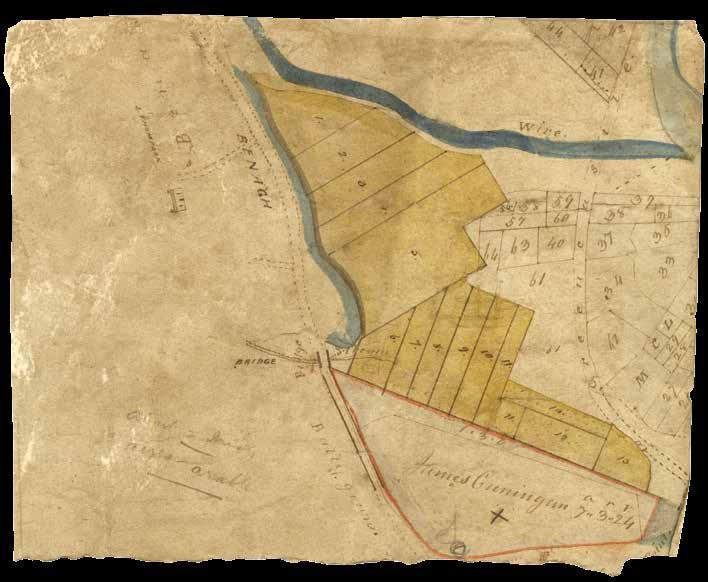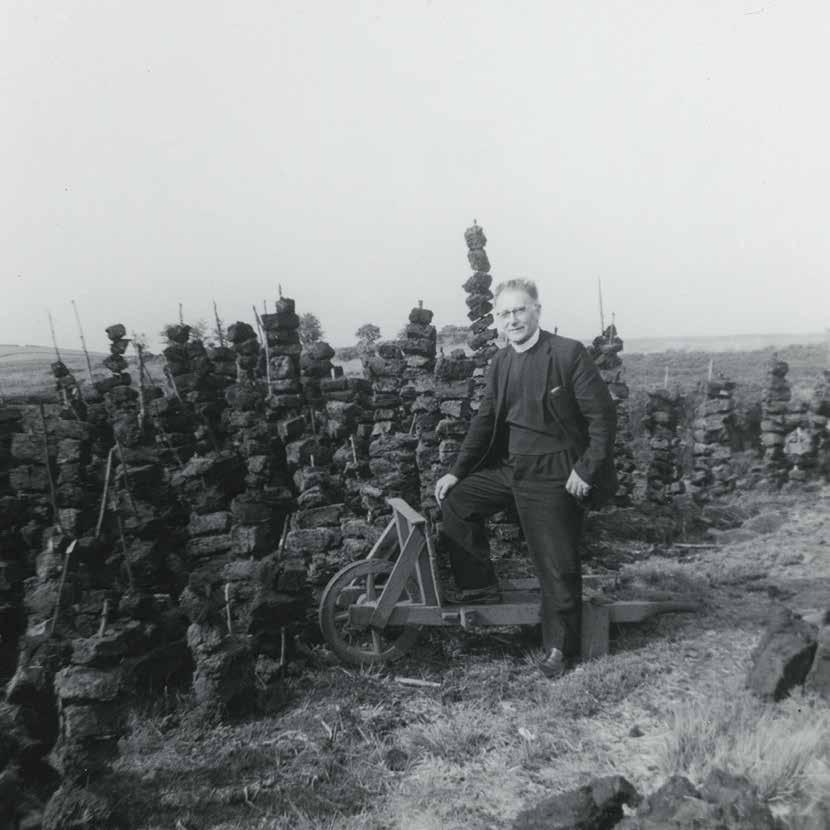
1 minute read
Farming Co-operatives
Declan Carroll
An agricultural co-operative, also known as a farmers’ co-op, is usually a business venture whereby farmers pool their resources in certain areas of activity. A small number of co-operative stores were in existence in Ireland since the 1860s, but progress was limited. The formation of the Irish Agricultural Organisation Society Ltd. (IAOS) by Sir Horace Plunkett in 1894, sought to provide an overarching organisational structure for these small co-operatives, providing farming advice, business expertise and financial assistance when necessary.
Advertisement
Despite initial suspicions of farmers, and fear that cooperation would be a threat to traders and shopkeepers, by the autumn of 1903 over 800 different societies had been established. The membership was estimated at about 80,000, representing some 400,000 persons.
Many of these evolved into multi-purpose agricultural societies, processing milk into butter, selling agricultural products, and making short-term credit available to farmers.
After the partition of Ireland in 1922 the IAOS was forced to divide itself into two entities, the IAOS in the south and the newly-created Ulster Agricultural Organisation Society in the north.
Local co-operatives include Loughbrickland Creamery which was established around 1901 due to the efforts of Father Greenan and the Reverend Lusk, and was managed by Loughbrickland Co-operative Agricultural and Dairy Society (Ltd.). A contemporary account stated that the “…creamery extends its operations for a radius of ten miles around. … The creamery supplies the carts - long, low, commodious vehicles, specially constructed, and smartly painted in blue and red … Every member of the society or other contributor of milk puts out his tall cans, and the carts pick them up in larger and larger numbers as they approach the centre of operations.”

Other local examples include Hilltown Farmers Attested Sales Ltd. formed in 1959 and the Mourne Sheep Breeders Association set up in 1937.
Co-operative societies are important for the farming community and some are now large businesses processing food, selling equipment and livestock feed.









